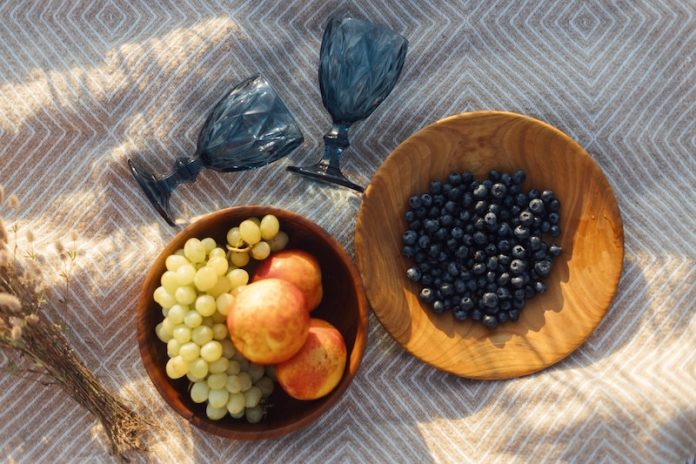
Constipation is a common digestive issue that can cause discomfort and disrupt our daily lives.
While there are various remedies available, research suggests that including high-fiber foods in our diet can help alleviate constipation and promote regular bowel movements.
Let’s explore the benefits of high-fiber foods and their impact on relieving constipation, supported by scientific evidence.
Understanding Constipation and its Causes
Constipation occurs when stool moves slowly through the digestive tract, resulting in infrequent bowel movements and difficulty passing stool.
Factors such as inadequate fiber intake, low fluid intake, lack of physical activity, and certain medications can contribute to constipation.
Including high-fiber foods in our diet can help improve bowel regularity and ease constipation symptoms.
The Role of Fiber in Relieving Constipation
What is Fiber?
Fiber is a type of carbohydrate that our body cannot fully digest. It adds bulk to our stool and helps it move through the intestines more easily.
There are two types of fiber: soluble and insoluble. Soluble fiber dissolves in water and forms a gel-like substance, while insoluble fiber remains intact as it passes through the digestive system.
Benefits of High-Fiber Foods
High-fiber foods help promote regular bowel movements by increasing the volume and softness of the stool. They also provide nourishment for the beneficial bacteria in our gut, supporting a healthy digestive system.
Including a variety of high-fiber foods in our diet can help relieve constipation and maintain overall digestive health.
Including High-Fiber Foods in Your Diet
Fruits and Vegetables
Many fruits and vegetables are excellent sources of fiber. Apples, pears, berries, oranges, broccoli, carrots, and leafy greens are examples of fiber-rich options.
Consuming these foods in their whole form or as part of salads, smoothies, or cooked dishes can provide much-needed fiber for relieving constipation.
Whole Grains
Choosing whole grains like whole wheat bread, brown rice, oatmeal, and quinoa over refined grains can significantly increase our fiber intake.
These whole grain options can be incorporated into meals such as breakfast cereals, sandwiches, and side dishes, providing a substantial fiber boost.
Legumes and Beans
Legumes and beans, such as lentils, chickpeas, and black beans, are not only rich in fiber but also offer valuable protein and nutrients.
Adding legumes to soups, stews, salads, or even as a side dish can contribute to relieving constipation and promoting overall digestive health.
Research Evidence
Numerous studies have investigated the effectiveness of high-fiber diets in relieving constipation.
For instance, a study published in the journal Annals of Internal Medicine found that increasing dietary fiber intake led to improvements in stool frequency and consistency in individuals with constipation.
Another study in the Journal of the American Geriatrics Society highlighted the positive impact of a high-fiber diet on constipation management in older adults.
Conclusion
Constipation can be uncomfortable, but incorporating high-fiber foods into our diet can provide relief and promote regular bowel movements.
Fruits, vegetables, whole grains, and legumes are all excellent sources of fiber that can ease constipation symptoms.
By including a variety of these foods in our meals and staying adequately hydrated, we can maintain digestive health and enjoy the benefits of regularity.
Remember to consult with a healthcare professional or registered dietitian before making any significant dietary changes to ensure they align with your specific needs.
With the help of high-fiber foods, individuals of all ages can keep their digestive systems happy and experience relief from constipation.
If you care about nutrition, please read studies about how the Mediterranean diet could protect your brain health, and the best time to take vitamins to prevent heart disease.
For more information about health, please see recent studies about plant nutrients that could help reduce high blood pressure, and these antioxidants could help reduce dementia risk.
Copyright © 2023 Scientific Diet. All rights reserved.





